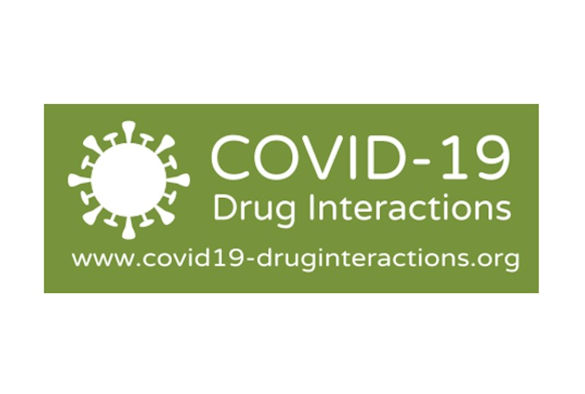New app aids safe prescribing of COVID-19 drugs

The University of Liverpool has launched a mobile app version of its COVID-19 Drug Interactions checker to aid the safe prescribing of experimental drugs being used against COVID-19.
The COVID-19 iChart app, freely available on iOS and Android devices, will allow users to check for interactions straight from their smartphone or tablet and with added offline capability, allows for interactions to be searched when internet access is limited.
The COVID-19 drug interactions checker was created by the University’s Liverpool Drug Interactions Group with input from colleagues at University Hospital Basel and Radboud University, Nijmegen. The checker provides vital information on whether the combination of an experimental drug and co-medications are safe to prescribe. This is of particular importance when treating elderly patients and those with underlying health problems, who are most at risk from COVID-19 and are likely to be receiving multiple other drugs.
Introducing a COVID-19 experimental therapy to a patient could raise the concentration of a co-medication to dangerous levels, or, alternatively, lower it to the point where it is no longer effective. Some of the repurposed drugs are known to cause heart rhythm disturbances, which is a particular concern. The COVID-19 drug interactions checker website initially launched in March 2020, has been visited by more than 270,000 users from 218 countries and territories, searching for over 508,000 interactions. The website has also been recommended in national and international treatment guidelines, including the British HIV Association (BHIVA), European AIDS Clinical Society (EACS), Infectious Diseases Society of America (IDSA), and American Association for the Study of Liver Diseases (AASLD).
Professor Saye Khoo, Clinical Lead of the Liverpool Drug Interactions Group: “We continue to respond as the COVID-19 situation develops and the launch of the COVID-19 iChart app makes it even easier for users to have this vital information readily available. We are grateful for support from the Centre of Excellence in Infectious Diseases Research (CEIDR), the National Institute for Health Research (NIHR), UK Research and Innovation (UKRI), and colleagues at AbbVie, Gilead, MSD, Novartis, Sobi, BHIVA and EACS.”